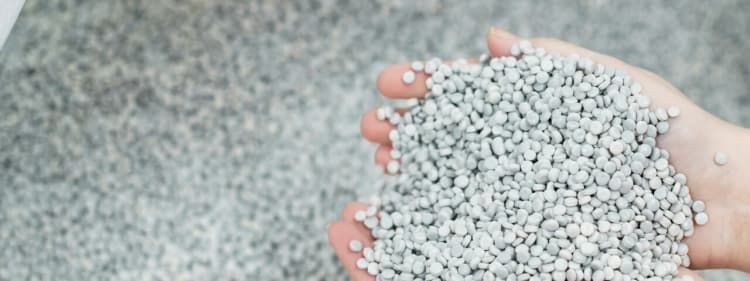
Fortum’s plastic recyclate Fortum Circo, produced from post-consumer plastic waste, has been approved to be compliant with the EU Toy Safety Standard EN 71-3. Following the approval, Fortum Circo can be used in the manufacturing of toys in the EU.
“We are pleased to say that our Fortum Circo meets the strict product safety criteria set forth in the European Toy Directive. Toys must remain safe throughout use in children’s play and under any circumstances the toys are subjected to during child’s play. Our R&D work puts a lot of emphasis on the safety and sustainability of our recycled plastic granules,” says Mikko Koivuniemi, Business & Technology Development Manager, Fortum.
In particular, the EN 71-3 Toy Safety Standard is designed to assess the potential release and migration of chemicals if a toy or components of a toy were to be swallowed by a child. The European Committee for Standardization (CEN) sets the standards for toy safety. CEN’s test results approve Fortum Circo PP, HDPE and LDPE grades as compliant with Toy Safety Standard EN 71-3:2019.
“Our overall goal is to have safe materials that reduce the use of virgin plastics. We already test our materials as part of our R&D process and we were sure of its safety, but the initiative to get our Fortum Circo tested for compliance with the Toy Safety Standard was actually suggested by the customers. It is great to see that the use of safe and sustainable recycled material in new applications is important for toy and other product manufacturers, too. This is the best way to speed up the market uptake for new raw materials like Fortum Circo,” Koivuniemi says.
To ensure regulation that is fit for purpose, material development and regulation need to go hand in hand.
“As raw material producers, our responsibility is to ensure the materials we make are Safe and Sustainable-by-Design, and the regulator needs to ensure the rules applied to the products are coherent and fit for purpose and assessed based on their actual use cases. At the same time, the packaging manufacturers need to consider the recyclability of their products and ensure as much of the product as possible can truly be recycled. This is done by making smart raw material choices,” Koivuniemi concludes.



